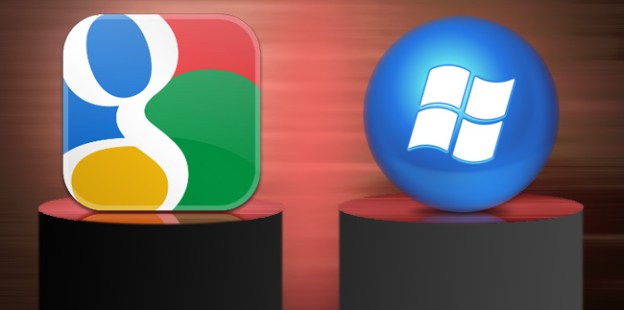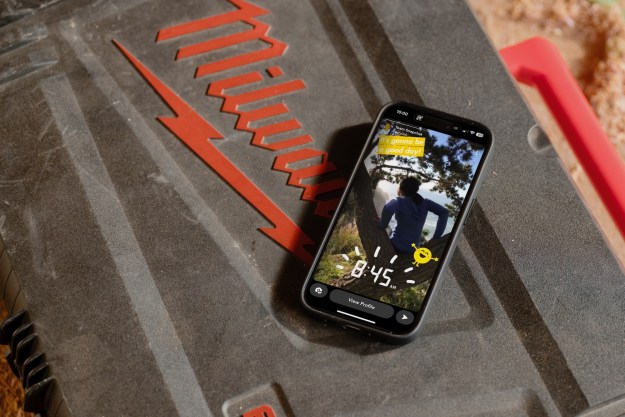
Google and Microsoft have long been at each other’s throats. And Wednesday, Google squeezed a little tighter, asking a judge with the US International Trade Commission to block a Microsoft expert witness in its lawsuit against Motorola for revealing “highly confidential source code” of its Android mobile operating system to the witness, reports Paid Content.
According to the motion filed with the ITC, Google requested that the court bar the expert, Dr. Robert Stevenson, from testifying on Microsoft’s behalf because Microsoft violated a confidentiality agreement between Microsoft, Motorola and Google when it revealed to Stevenson the source code.
“The protective order governing confidentiality in this investigation explicitly requires that Microsoft disclose to Google any consultant or expert seeking access to Google confidential business information or highly confidential source code before [Google’s emphasis] allowing a consultant or expert to review such information so that Google has an opportunity to object prior to disclosure,” Google’s statement read.
Google claims that Microsoft failed to give “prior written notice” to Google about passing along confidential information to Dr. Stevenson for testimony.
“The confidential source code improperly provided to Dr. Stevenson is highly proprietary source code that Google does not even share with its partners, such as Motorola,” Google said.
Microsoft is currently suing Motorola in an attempt to force them to pay royalties for patents it owns that are related to technology used in Android. Some companies, like HTC, have already agree to Microsoft’s demands. But Motorola has pushed back hard, and Google appears to be taking their back in the proxy-fight.
This move against Microsoft by Google follows the search giant’s public complaint that Microsoft, Apple, Oracle and others are purchasing a massive number of patents purely for the purpose of harming Google’s Android business.
